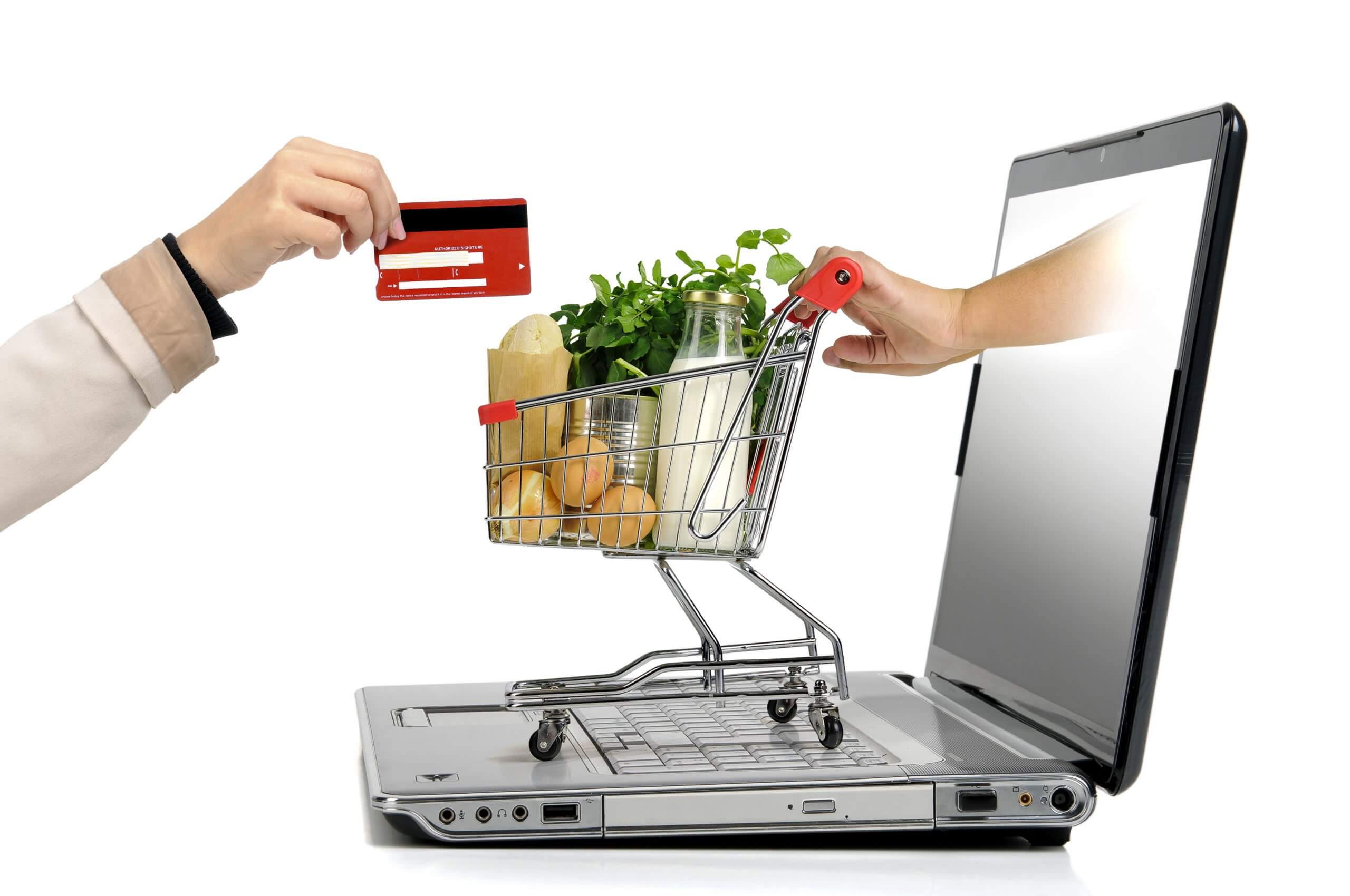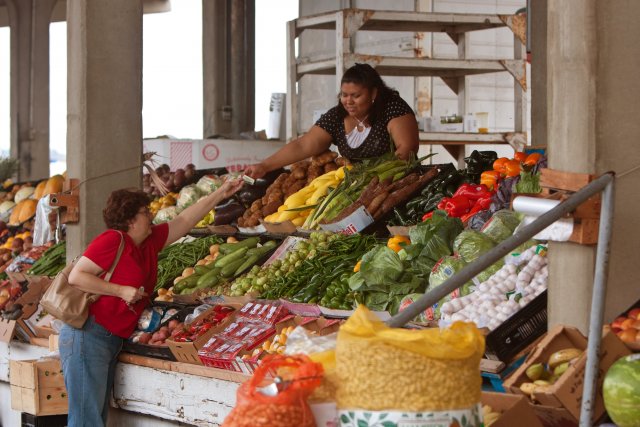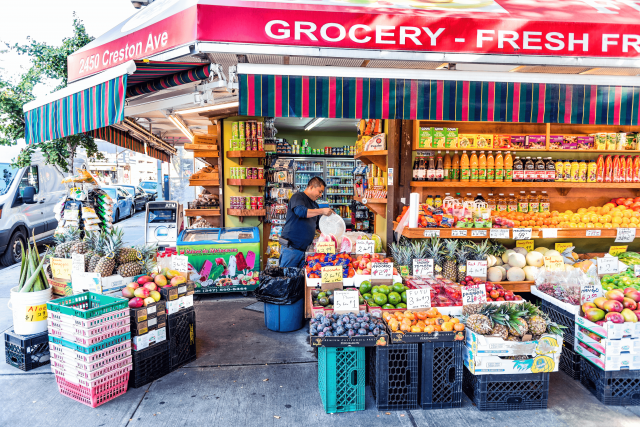The action and its aims
Baltimore’s Virtual Supermarket Programme is a network of 14 public libraries, schools, and senior homes where people can order groceries online, if necessary with the assistance of trained Neighborhood Food Advocates. The groceries are delivered to the centres with no delivery fee. The aim is to ensure elderly citizens can access healthy food, no matter where they live, their transport situation, or their level of computer literacy.
When it was introduced
The programme was launched in 2010 and was the first online service in the US to accept Food Stamps (now known as SNAP benefits since the federal programme was re-named the Supplemental Nutrition Assistance Programme).
Why it was needed
It was needed because almost a quarter of Baltimoreans live in areas of the city that lack access to affordable, healthy food. These areas, known as ‘healthy food priority areas’, are home to almost 18,000 senior citizens, who are more likely to have mobility and transport issues than younger people.
Who initiated it, who is involved
The Virtual Supermarket Program is a partnership between Baltimore City Health Department and Klein’s Family Markets, which owns the ShopRite chain of stores. It is funded by federal grants and foundations; initial funding of USD60,000 came from the 2009 federal stimulus package.
Impacts to date
Between March 2010 to July 2016, 8,200 grocery orders were made for over 900 unique customers. The number of users has increased over time. An evaluation by the University of Michigan found that it improved food purchasing behaviour and created a sense of community.





